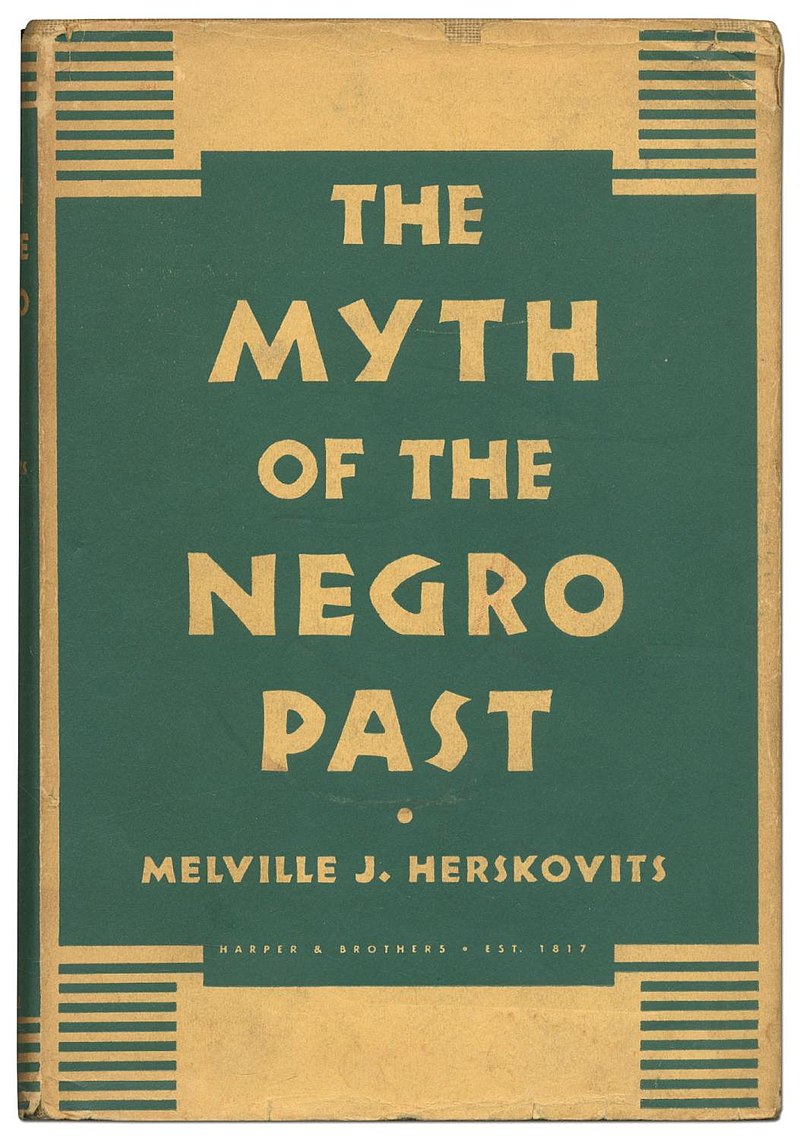
Dispelling the Myths
The concept of the creative in the hands of the Creator has caused much debate in scholarship. How could people who were considered half-barbarous with no intrinsic creativity or intelligence develop such an idea? Besides, how could these songs exist without some form of White direction or influence?
It is a grave misfortune that so many scholars have sought to discredit the impact of African American music and religious expression in American culture. E.T. Krueger, one of the founders of the Southern Sociological Society in Knoxville, Tennessee (1935), and others have gone as far as to claim: "The Negro group, taken as a whole, had no deeply entrenched moral tradition, no well-defined culture, to give its religion an ethical turn." He concludes by stating: "Without a cultural heritage and with little access to written tradition, (he) Negros inevitably modified White religious expression into something which appears unique and particular" (Krueger 1932, 30).
Likewise, Richard Wallaschek, a European music critic, decrees that spirituals were simple attempts to mimic great European compositions (Wallaschek 1893, 60). John Lovell finds that the confusion about African elements in American music has been developed and perpetuated by those who have refused to study the African background or acquaint themselves with the nature of the slave (Lovell 1972, 63). These writers do not base their arguments on serious musical analysis or anthropological study to establish a just and well-informed comparison. Instead, they represent the rhetoric of a mindset engrossed in White supremacy and systemic racism that, even still, attempts to suppress the Black experience in America. The slaves' reply is hidden in his song: Everybody Talkin Bout Heaven.

Professional academic philosophy, like other disciplines in the White academy, is firmly rooted in institutionalized racism. This mindset is not just the attitude or belief that some races are superior to others, but, more importantly, patterns of behavior and institutions that give material support to such attitudes and beliefs by suppressing denigrated groups. Thus, academic racism is the practice associated with institutions such as colleges and universities, including the American Philosophical Association, that work together and assert institutional power by erecting standards that were and continue to be racist under the guise of professionalization. This institutionalized academic racism is the context in which to interpret the work of African American philosophers.
(Herskovits 1941, n.p.)

In his book The Myth of the Negro Past, Melville J. Herskovits, an American anthropologist who helped establish African and African American studies in American academia, seeks to rectify such misinformation. Herskovits's primary intent was to destroy the myth that the American Negro had no past, except a history of primitive savagery in Africa that contact with European civilization in America had helped him overcome.
Dr. H. Beecher Hicks, Jr.
The oppressors required something that was of great value from the oppressed, only to make a mockery of their religion.
Steal Away to Jesus
My Lord, He calls me. He calls me by the thunder.
The Trumpet sounds within my soul.
I ain't got long to stay here.






